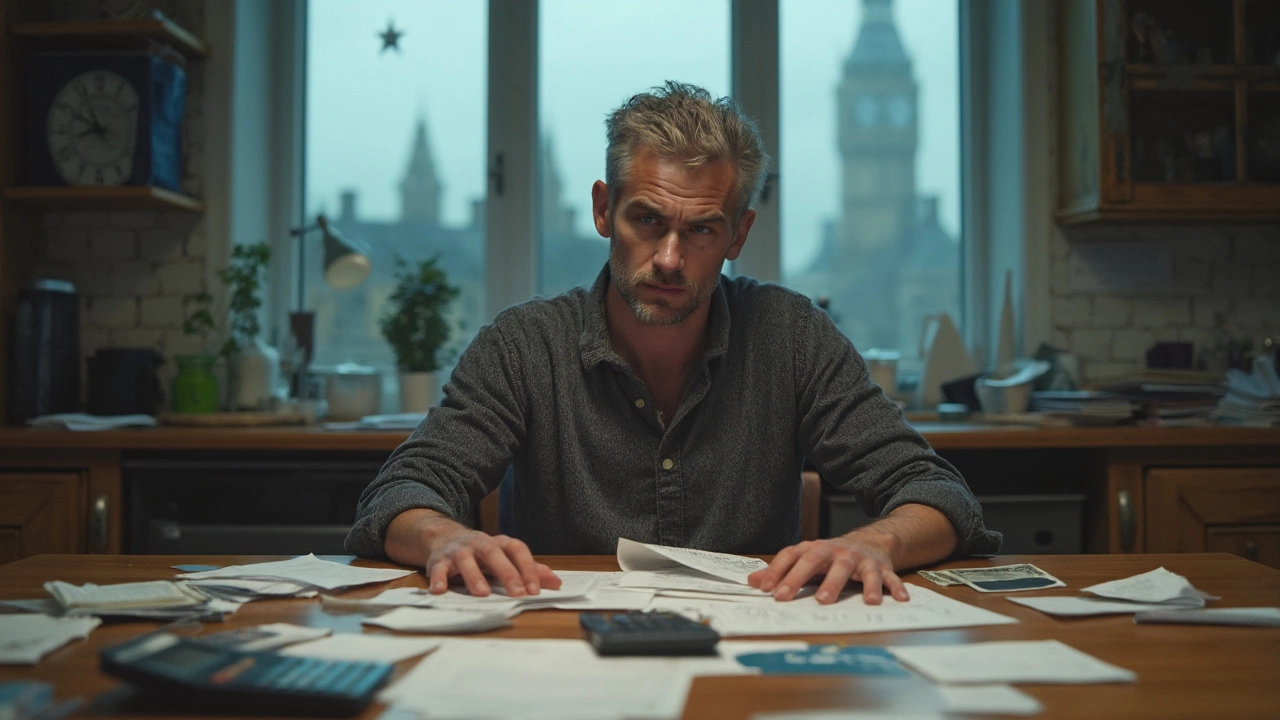Ever look at your bank balance and wonder where all the cash vanished? You’re not alone. Most people slip up on money without even noticing. The good news? Most of those slip‑ups have easy fixes. Below we break down the biggest financial blunders and give you quick actions you can take today.
1. Ignoring a budget. It sounds simple, but many skip the step of writing down income and expenses. Without a budget, you can’t see where your money goes, and surprise overdrafts become normal.
2. Paying only the minimum on credit cards. That tiny payment feels harmless, yet it lets interest snowball. In a year you could pay double the original purchase.
3. Not building an emergency fund. Life throws curveballs – a car repair, a sudden job loss. Without a cash cushion, you’ll rely on high‑interest loans or credit cards, deepening debt.
4. Over‑borrowing for low‑return investments. Taking a loan to buy a stock or crypto that barely moves can wipe out your equity if the market dips.
5. Forgetting to review recurring subscriptions. Streaming services, gym memberships, and apps often auto‑renew. Over time they add up to hundreds of pounds you never use.
Start with a bare‑bones budget. List your income, then categorize expenses: rent, utilities, food, transport, and fun. Use a spreadsheet or a free app – whatever feels easiest. When you see the numbers, you’ll spot areas to cut.
Pay more than the minimum on any credit card debt. Even an extra £20 a month can shave years off the repayment timeline and save you a lot of interest.
Set up an emergency stash of three to six months’ worth of living costs. Begin with an automatic transfer of £50 a week into a high‑interest savings account. You’ll be surprised how fast it grows.
Before you borrow, ask: will the investment earn more than the loan’s interest? If the answer is unclear, skip the loan. Stick to cash you already have for buying assets.
Do a monthly subscription sweep. Cancel anything you haven’t used in the last month. You’ll free up cash for savings or debt payoff.
Finally, keep an eye on your credit report. Errors happen, and fixing them can improve your score, making future borrowing cheaper.
These fixes don’t require a finance degree – just a few minutes each week. By catching the common mistakes early, you protect your money and set yourself up for steady growth. Ready to take control? Start with one change today and watch the difference pile up.

Debt consolidation sounds easy, but it can backfire if you're not careful. This article dives into the drawbacks and hidden risks you might face when rolling your loans into one. You'll learn why lower payments aren't always a win and how your credit could take a hit. Find out about tempting traps, added costs, and why this move doesn't actually erase debt. Real tips and honest talk—no sugarcoating.